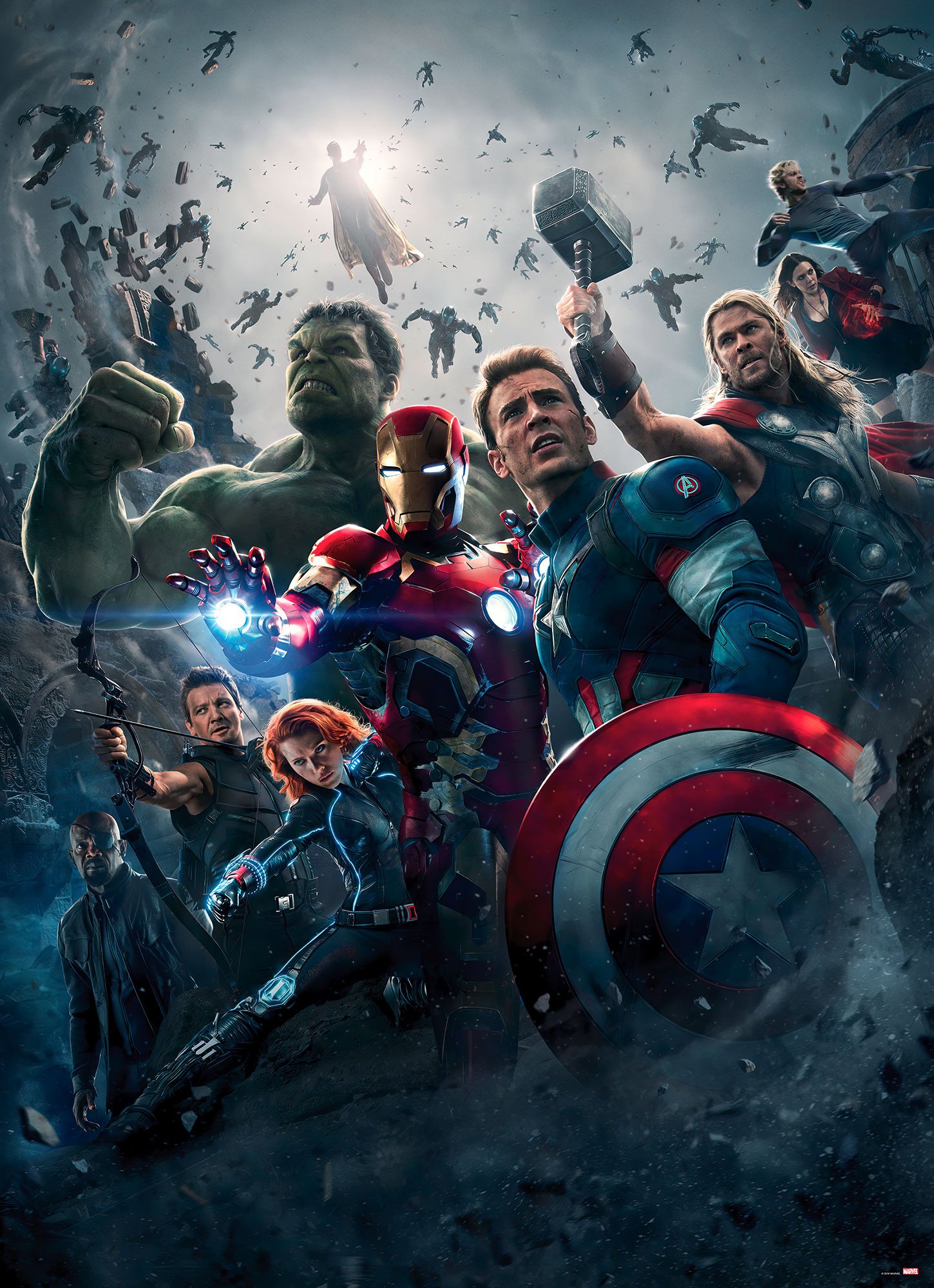
Well, the promise of two weeks ago that this season of Boardwalk Empire was starting to gain momentum is fading fast. With this week’s episode, we are given yet another hour of setup with no payoff. Instead, we have to cross our fingers and hope that the payoff to come will have been worth the wait.
This week’s episode is titled “William Wilson,” which is lifted from an Edgar Allen Poe short story of the same name. The story itself is brought up in a scene that culminates in William (“Willie”) Thompson storming out of class and dropping out of school. The parallels between William Wilson and William Thompson aren’t exactly subtle. “William Wilson” is about a boy in school who encounters his own doppelganger. This other boy shares his name, appearance, and even birth date. Wilson becomes progressively more enraged by his doppelganger until he eventually murders him. The story ends with the following quote:
“You have conquered, and I yield. Yet henceforward art thou also dead — dead to the world and its hopes. In me didst thou exist — and, in my death, see by this image, which is thine own, how utterly thou hast murdered thyself.”
The meaning of this reference is pretty clear: In killing his classmate, Willie Thompson has sealed his own fate. Having now dropped out of school and aggressively petitioned his uncle Nucky to be included in his criminal organization, Willie is on a sure path to ruin.
The question is: do we really care? Here is a character who really only came into the picture this season, has all the charisma of a wet mop, and really hasn’t given us any reason to root for him. Granted, we’re not supposed to want to root for every character in the show, but they still have to have some raison d’être. Willie’s only potential as a character right now is to drive yet another wedge between Nucky and Eli, but that brotherly rivalry is already well-worn by this point.
Speaking of people Nucky has had tenuous relationships with, Margaret seems to be back in the mix as her own subplot develops in New York. She has a chance encounter with the city’s own Arnold Rothstein, and it’s an encounter that could unravel the life she has been building for herself outside of Nucky’s sphere of influence.
The seeds of yet another conflict between Nucky and Rothstein were sewn earlier on in the season when Rothstein lost big in Nucky’s casino and clearly took a hit to his pride. It would not be unlike him to use Margaret to somehow get back at Nucky. There certainly aren’t many other scenarios that would warrant bringing her back halfway through the season when the show is already juggling enough subplots to keep it crawling along at a snail’s pace.
One such subplot: Gillian Darmody’s. A commenter on last week’s review asked why she was still in the show, having had such little interaction with the other principal characters, and that’s a fair question. She’s a pretty awful person, and it seems like with her current story arc we’re supposed to feel some modicum of sympathy for her. She’s kicking the heroin habit and by all appearances has found someone who genuinely loves her. Of course, with this being Boardwalk Empire it’s not likely to end well, but until we get to the point where it all blows up, it’s just not all that interesting.
Slightly more interesting is the subplot for Chalky White and his newfound frenemy Dr. Narcisse. Narcisse has convinced Chalky to let him open a branch office of the Universal Negro Improvement Association on Chalky’s turf. “Sound congenial enough,” Chalky says begrudgingly.
Narcisse is proving himself to be the most ruthless, vicious character that Boardwalk Empire has yet seen. Sure he’s not as conspicuously violent as, for instance, Al Capone, but at least there’s no mistaking Capone for something he is not. Narcisse, on the other hand, puts up a veneer of civility and black empowerment when he is at heart a cold, murderous heroin pusher.








Published: Oct 20, 2013 07:30 pm